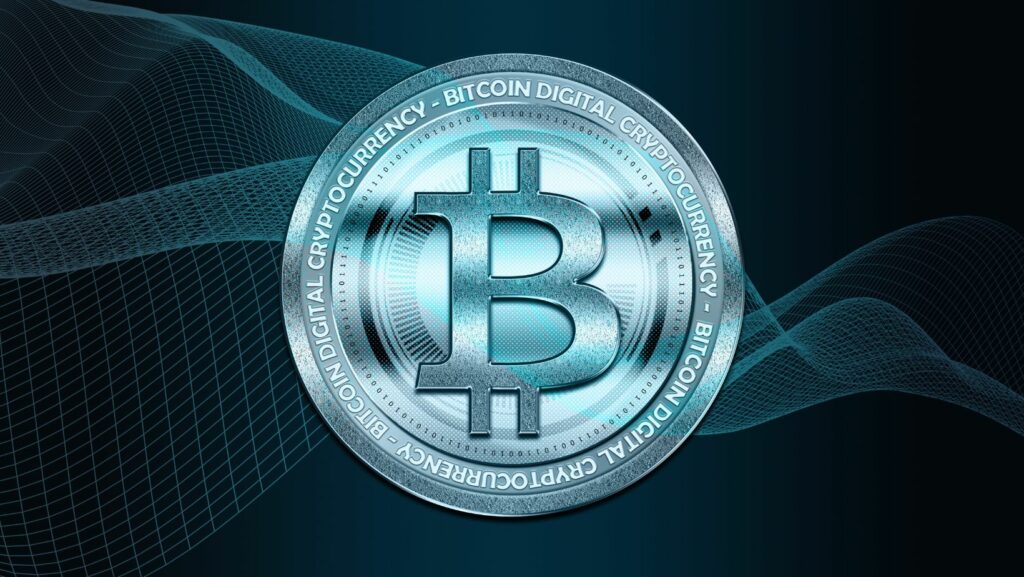
Blockchain technology is revolutionizing online gambling, fundamentally altering how games are secured and establishing trust between players and operators. This evolution is being propelled by its properties—transparency, immutability, and decentralization—which enhance fairness and security within casino games. This article delves into how these technologies are being applied and their advantages to this sector of gambling.
What is Blockchain?
Before delving deeper into its applications in online casinos, we must understand what blockchain is at its core. At its heart lies a digital ledger that records transactions across numerous computers to prevent retroactive changes without altering all subsequent blocks and reaching consensus across the network.
Here are the core properties of Blockchain technology:
- Decentralization: Blockchain doesn’t rely on one authority for data management; instead, data on its blockchain network is managed by multiple computers belonging to various entities.
- Transparency: Every transaction on a blockchain is visible and cannot be altered once recorded.
- Security: Blockchain uses advanced cryptography to secure its data ledgers, which makes it extremely difficult for hackers to alter transaction information.
Blockchain in Online Casinos
Online casinos are increasingly utilizing blockchain technology to address game result transparency and fund security issues. Here’s how blockchain is making a difference:
Redefining Fair Play
One of blockchain’s primary effects on online gambling is its ability to guarantee game fairness, which is often known as “provably fair” gaming.
- Provably Fair Systems: Provably Fair Systems use cryptographic algorithms to ensure the outcome of each game round is fair and cannot be altered by the casino or other players. Players can independently verify this aspect of every round.
- Smart Contracts: Smart contracts are self-executing contracts written directly into code that automatically execute payments based on game outcomes recorded on the blockchain, thus increasing payment security.
Enhancing Transaction Processes
Blockchain can also enhance how online casino transactions are processed.
- Direct Transactions: Players can make deposits and withdrawals directly from their cryptocurrency wallets, significantly reducing transaction times and fees.
- Anonymity and Security: Blockchain transactions do not require players to divulge sensitive personal information, increasing privacy while decreasing the risk of identity theft.
Challenges and Considerations
However, even with all its advantages, blockchain integration into online gambling does present some unique challenges.
- Regulation and Compliance: As blockchain and cryptocurrency are relatively new technologies, regulatory frameworks in some regions remain under development, which could present players and casino operators with unique challenges.
- Technology Adoption: Not all players may be acquainted with cryptocurrency and blockchain, which could limit its adoption among traditional players.
Future Prospects
Blockchain in online gambling looks bright, with ongoing technology advancement and regulatory clarity improving. Here are potential developments:
- Wider Adoption: As more players and regulators gain knowledge and trust of blockchain, its adoption at online casinos should increase accordingly.
- Integration With Other Technologies: Blockchain can be combined with technologies like virtual reality and artificial intelligence to enhance gaming experiences and prevent fraud.
Conclusion
Blockchain technology offers numerous advantages for protecting online casino games in the UK, from improving game fairness to protecting transactions. As this technology matures and becomes more widely understood, its adoption in this space should increase exponentially, revolutionizing how trust and security are managed in this sector. As participants in this industry, continuing our education will allow us to embrace these changes for improved experiences as well as more robust business practices.




